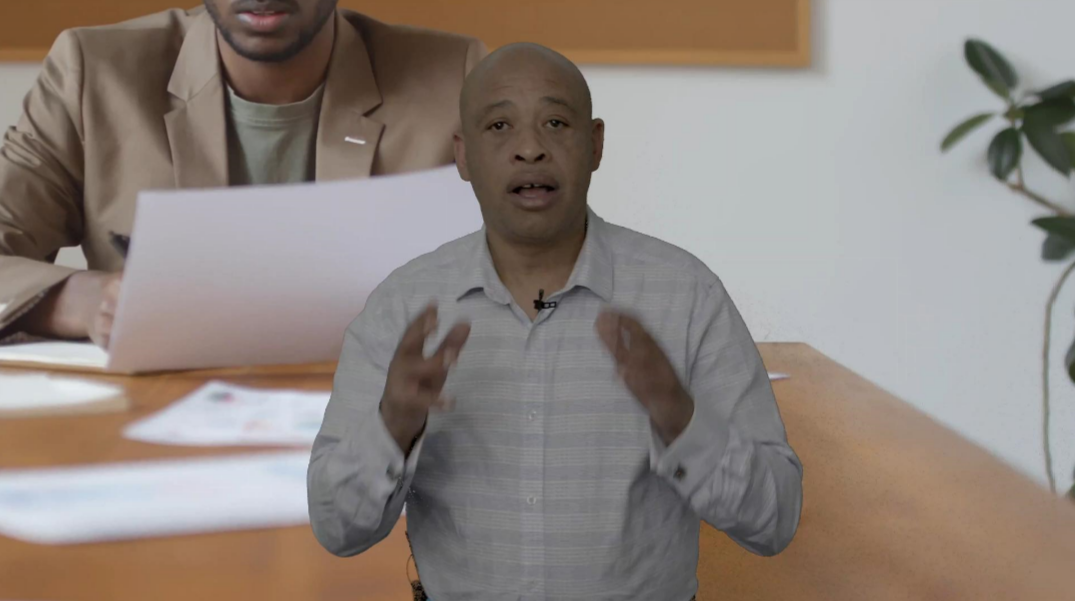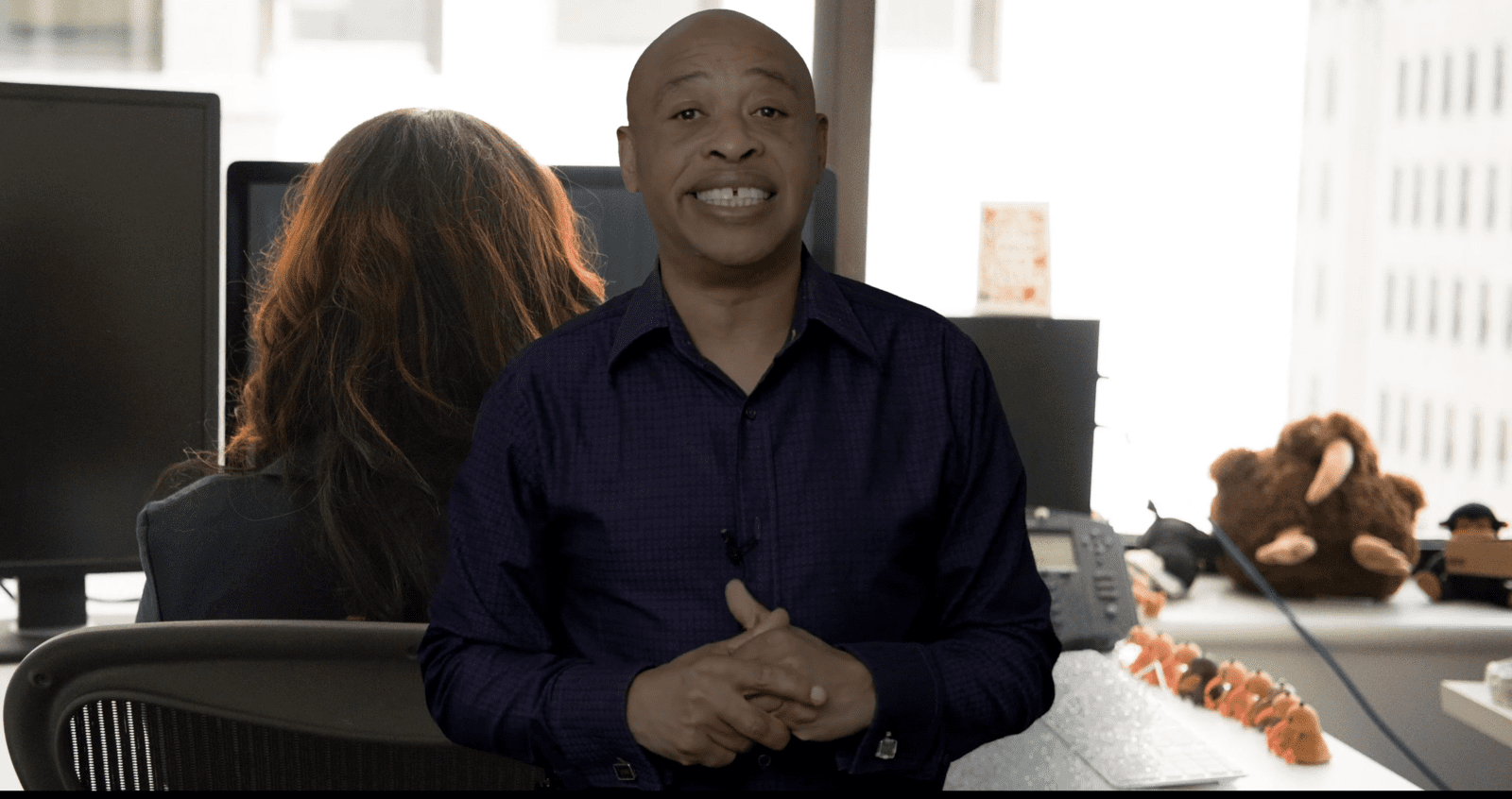Why Listening is the Ultimate Soft Skill – and How to Be a Better Leader
While we might not want to admit it, most of us suffer from an inability to listen effectively. Most of us think we are far better listeners than we actually are.
That’s right – you heard correctly - the reality is that most of us are poor listeners.
What we retain is often vastly different to what we think we do. According to a seminal article on listening published in
Harvard Business Review, we often lose around 50% of what we hear almost immediately. Within the next 4-8 weeks we will lose about 25% more of what is said.
According to this study, after 8 weeks, most of us will only retain around 25% of what we have heard.
Some people associate the ability to listen with intelligence, but this not necessarily the case. According to HBR, “a poor listener is not necessarily an unintelligent person. To be good listeners we must apply certain skills that are acquired through either experience or training. If a person has not acquired these listening skills, his ability to understand and retain what he hears will be low. This can happen to people with both high and low levels of intelligence.” The study suggests that poor listening is more likely the result of a disconnection between the rate at which we think and the rate at which we (or those we are listening to) speak.
The study’s authors, Nichols and Stephens suggest that the slow speed at which we generally speak provides ample spare time for the brain to go off and do other things in between the spoken words. The catch being that sooner or later the mind is elsewhere when that all-important information is imparted. And once it’s gone, it’s hard to catch up. The omission of this vital information makes it difficult to tune back in. This then leads the brain to de-prioritise the conversation – or fill in the missing blanks with what it thinks the answer might be in an attempt to catch up. These are the assumptions or mental leaps that often create dissonance between the speaker and the listener.
What are the common barriers to effective listening?
- Listen.org reports that the top three reported listening barriers for business practitioners were identified as Environmental distractions such as phones ringing and other people talking,
- Personal and internal distractions, such as hunger, headache, or preoccupation with something else, and,
- Rebuttal tendency (Watson & Smeltzer, 1984). This rebuttal tendency manifests in varying degrees from formulating a response to developing a full counter argument while the speaker is still speaking.
And yet, being an effective listener is a vital skill to career success. According to Smeltzer, “both business practitioners and academics listed listening as one of the most important skills for an effective professional” – and it can have a major impact on one’s effectiveness as a leader. In a study of managers and employees of a large hospital system, Wright University found that a manager’s ability to listen accounted for 40% of the variance in leadership skill.
So what makes a good listener?
The Nichols and Stephens same study found that good listeners tend to be able to minimise the amount of mental wandering. These listeners are able “to direct a maximum amount of thought to the message being received, leaving a minimum amount of time for mental excursions on sidetracks leading away from the talker’s thought.”
Similarly, great listeners “listen between the lines” in search of meaning that is not necessarily put into spoken words. She pays attention to nonverbal communication (facial expressions, gestures, tone of voice) to see if it adds meaning to the spoken words.
Wright University found that highly skilled communicators match their responses to the situation. “In discussions with the people you manage, it helps to differentiate the coaching situations from the counselling situations. Coaching is providing advice and information or setting standards to help your employees to improve their skills and their performance. Counselling is helping subordinates recognize and address problems involving their emotions, attitudes, motivation, or personalities. The most common mismatch of response types to situations is the tendency to give advice or deflect in a situation where counselling is appropriate. When you are counselling, "reflecting" and "probing" are usually more appropriate responses than "advising" or "deflecting."
Yet, according to Nichols and Stephens, “little emphasis is placed on speaking, and almost no attention has been given to the skill of listening”. HBR maintain that this has a lot to do with our inability to acknowledge our own shortcomings. As HBR note, while most people agree that listening effectively is a very important skill, most people don't feel a strong need to improve their own skill level.
This is a huge career opportunity for potential leaders who are open enough to admit they could be better, and ambitious enough to step up and become exceptional listeners. Good listening is a vital ingredient of being an outstanding leader.
And the good news is that listening is a skill that can be learnt and developed over time. We need more great leaders – and to get that, we need more great listeners. Its worth making sure you are one of them.
Need some new skills to grow your business? View our courses and find out how soft skills could help your business thrive.











